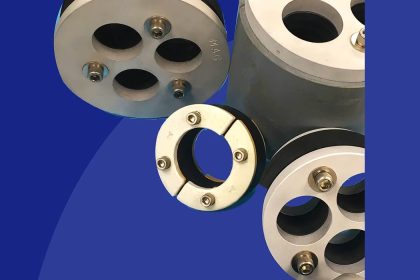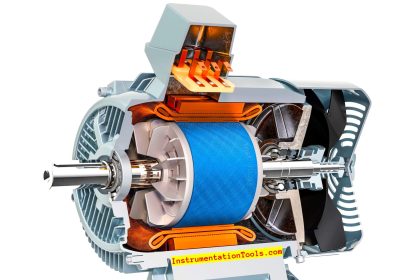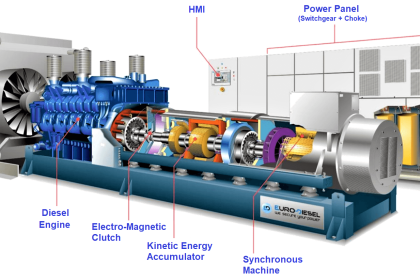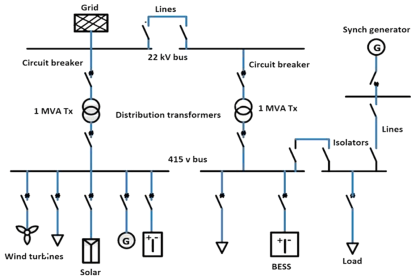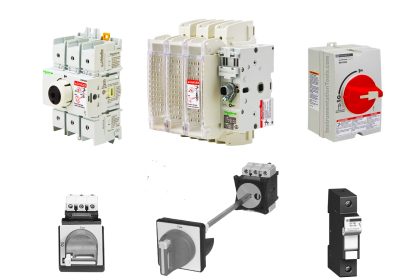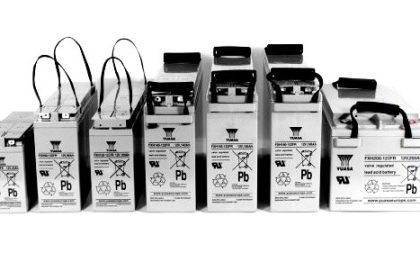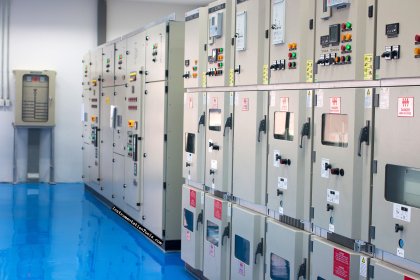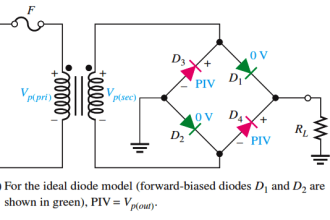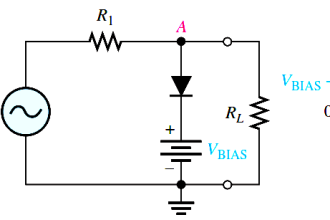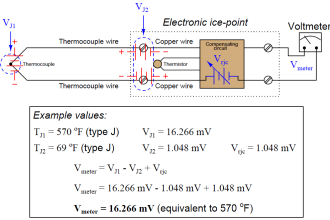In this post, we will learn the difference between single-core and multi-core cables.
Cables are a very important part of industrial automation. You must know which cable to use and where to use it so that there is no goof-up in the instrument part or electrical part.
There are many types of cables used, but it is important to categorize them based on various sections. Because it is not possible to define every type in a single section.
In this post, we will focus on two types of cables – single core and multi-core. Here, we will see the difference between both of them.
What is a Single Core Cable?
Cables come with conductors and insulators. Conductors are the ones that carry current and insulators are the ones that insulate or protect the conductor from the external environment.
In a single-core cable, as the name defines, only a single conductor or wire is used inside a cable. Basically, it will simply consist of a single wire insulated in an external coating layer.
Because a single conductor is used, it can be used with a large and thick diameter. So, it is said to be more reliable, flexible, and durable.
Consider two power cables of line and neutral. It is a perfect example of a single-core cable where two single-core cables are used. Refer to the below image for understanding.
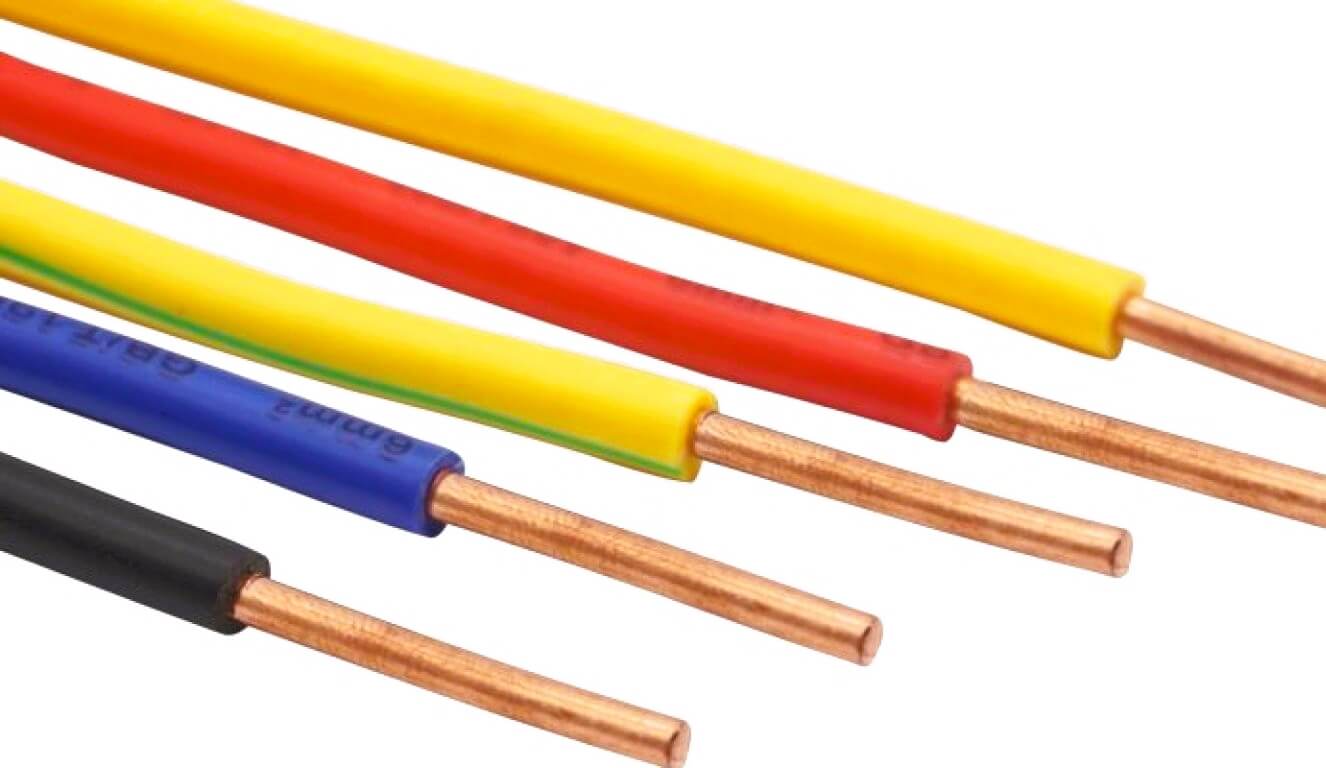
What is a Multi-Core Cable?
In a multi-core cable, as the name defines, multiple conductors or wires are used inside a cable. Basically, it will simply consist of multiple wires insulated in an external coating layer.
Because multiple wires are used, there is a limit on its thickness and diameter. Mostly, the generally used ones are two-core, three-core, and four-core ones.
Consider your normal laptop charger. The charger cable has three wires inside it – line, neutral, and earth. It is a perfect example of a multi-core cable where a single cable is used with three wires inside it. Refer to the below image for understanding.
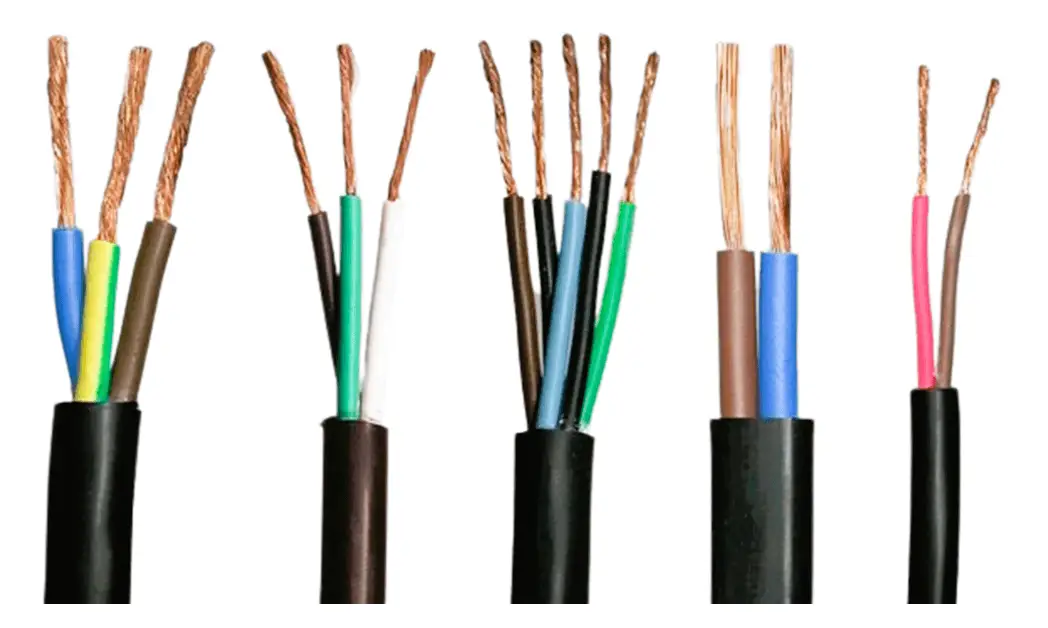
Difference between Single Core and Multi-core cables
Below are the key points that differences between single-code cable and multi-code cable.
- The first and foremost major difference is that in a single-core cable, a single conductor wire is used while in a multi-core cable, multiple conductor wires are used.
- Single core cables are best suitable for domestic and home applications; whereas multicore cables are best suitable for industrial applications.
- Single core cables are less prone to high-stress areas and temperature, as compared to multi-core cable which is more resistant to high stress and temperature.
- Single core cables are available in a bigger diameter as compared to a multicore cable; as multiple wires will anyhow limit the diameter to an extent. You cannot connect large-diameter multicore cables as it is not feasible and practical to connect.
- Skin effect is more relevant in a single-core cable than in a multi-core cable.
- One more major difference is its structural strength. It is easy to pull a single wire than a bunch of wires. This shows that the structural strength of single-core cable is less than multicore cable.
- Multicore cable is costlier than single-core cable.
- A single-core cable is much stronger, more durable, and has high electrical conductivity than a multicore cable.
- The current capacity of a single-core cable is higher than a multi-core cable.
- As there is only a single conductor in a single core cable, there are fewer chances of short circuits and electrical damage than in a multicore cable.
- Single-core cables are much easier to transport, lay out, and install than multicore cables.
- Multicore cables are less prone to mechanical stress than single-core cables.
- Single core cables are only protected by a single outer sheathing than multicore cables which have many layers of insulation sheathing; which makes single core cables more prone to damage than multi-core cables.
- The final difference is that multicore cable provides multiple applications in a single cable, which makes it easier for engineers to use for different purposes.
In this way, we understand the difference between single-core cable and multicore cable.
If you liked this article, then please subscribe to our YouTube Channel for Electrical, Electronics, Instrumentation, PLC, and SCADA video tutorials.
You can also follow us on Facebook and Twitter to receive daily updates.
Read Next:
- Difference Between HV and LV Cables
- Types of Cables in Industrial Automation
- Instrumentation Cables Testing Steps
- Flame Resistant and Retardant Cables
- Materials in Instrumentation Cables
